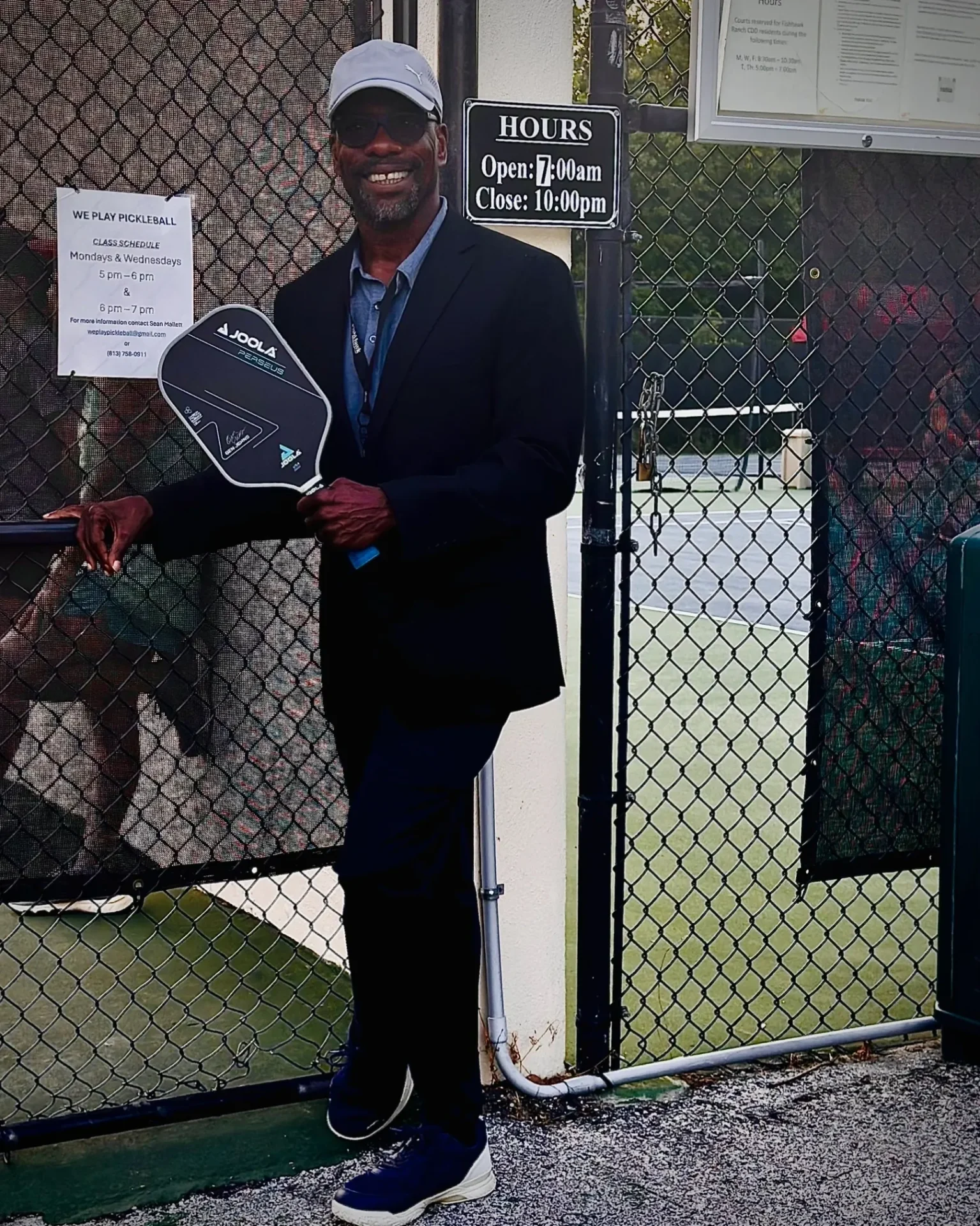
Enhancing Leadership Development Through Pickleball
In our study titled “Enhancing Leadership Development Through Pickleball,” Drs Nick Scalzo, Dene Williamson, and I set out to understand how playing pickleball influences leadership skills. To accomplish this we adopted a mixed-methods design. The participants answered a total of 24 questions: 6 on demographic information, 16 on leadership qualities, and 2 open-ended questions on specific leadership scenarios. The qualitative results of our study uncovered several themes that connect the dynamics of pickleball with effective leadership.
Team Dynamics: Building a Collaborative Mindset
A key takeaway from our research was how pickleball improved team dynamics among participants. The game’s doubles format emphasizes cooperation, coordination, and mutual support—essential qualities for successful leadership. Players must work together, communicate effectively, and synchronize their efforts to win. These elements of teamwork found on the court are remarkably similar to those required in a corporate environment, where leaders rely on strong team collaboration to achieve organizational goals.
Participants in our study reported that playing pickleball improved their ability to work with others, build trust, and achieve collective goals. The team-based aspect of the game helped them see the value in supporting one another, leading to enhanced teamwork in their professional roles.
Strategic Thinking and Decision-Making: Quick Reflexes, Quick Minds
The fast-paced nature of pickleball demands strategic thinking and quick decision-making, skills that leaders need in abundance. Our study participants noted that pickleball’s rapid tempo and constant need for adjustment mirrored many leadership scenarios. The ability to make split-second decisions on the court directly correlated with their capacity to lead with confidence and agility in the workplace.
The game encourages players to anticipate their opponent’s moves, adjust their strategies, and stay flexible in their approach. These skills, developed through pickleball, translate to strategic leadership, where decisions must often be made quickly and under pressure.
Communication Skills: A Foundation for Leadership

Effective communication is a cornerstone of both pickleball and leadership. Our study found that players who excel in pickleball tend to have strong communication skills, as the game requires constant verbal and non-verbal cues to coordinate with teammates and outmaneuver opponents. Participants noted that these communication skills directly contributed to their ability to articulate a clear vision, give precise instructions, and foster open dialogue in their leadership roles.
Resilience and Adaptability: Navigating Challenges

Resilience and adaptability are critical for success in both pickleball and leadership. Participants in our study shared stories of facing and overcoming challenges on the court, such as adapting to different playing styles or bouncing back from a losing streak. These experiences fostered a sense of resilience, empowering them to navigate the uncertainties and pressures of leadership.
Leaders who can adapt to changing circumstances and stay resilient through adversity often inspire their teams and drive success in their organizations. Pickleball, with its unpredictable nature, provides an excellent training ground for these qualities.
Contrasting Perspectives: A Recreational Approach
Despite the overwhelmingly positive responses, some participants offered contrasting views, suggesting that their involvement in pickleball was more recreational and did not directly impact their leadership development. This perspective serves as a reminder that individual experiences vary and that leadership development is a multifaceted journey.
In “Pickleball Leadership: Lessons From The Court To The Boardroom,” I dive deeper into these themes, offering practical insights and strategies for leaders seeking inspiration from the world of pickleball. Whether you’re an aspiring leader or a seasoned executive, the lessons from the court can help you unlock new dimensions of leadership development.
